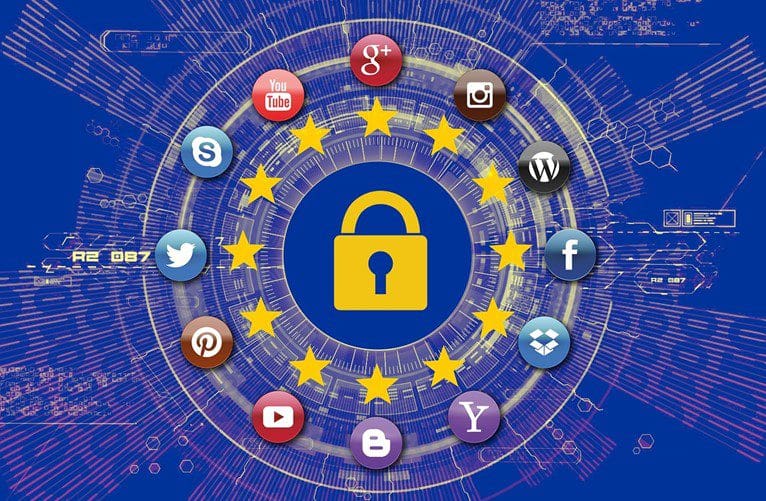Among the many types of challenges presented by the adoption of cloud computing are those involving computer forensics. Computer forensics can be thought of as the set of tools and techniques that make eDiscovery possible and reliable. It is defined in Wikipedia as, “a branch of digital forensic science pertaining to legal evidence found in computers and digital storage media.” The National Institute of Standards and Technology (NIST) Information Technology Laboratory (ITL) defines cloud computing forensic science more specifically as, the application of scientific principles, technological practices and derived and proven methods to reconstruct past cloud computing events through identification, collection, preservation, examination, interpretation and reporting of digital evidence As with other legal evidence, digital evidence is subject to challenge in court. It has to be what it purports to be. Therefore, the accurate identification of the creator, custodian, chain of custody, authenticity and other attributes of digital evidence is essential in any eDiscovery setting. Essentially, a computer forensic investigation must locate and identify “documents” and other information that can be traced to the actions, knowledge and information available to parties and other witnesses involved in a lawsuit, arbitration or investigation While a number of technical tools and techniques have been developed to …
Read more


